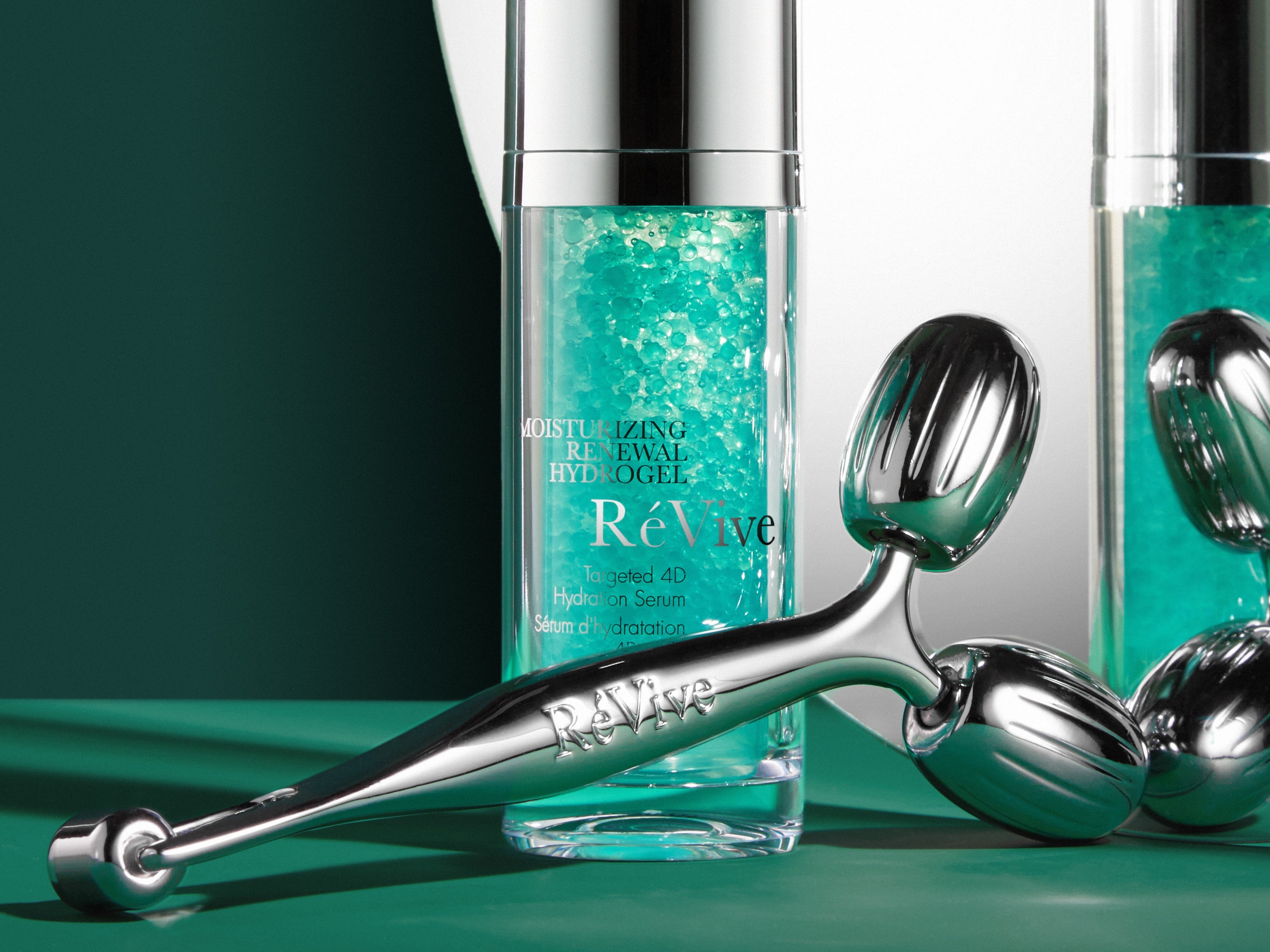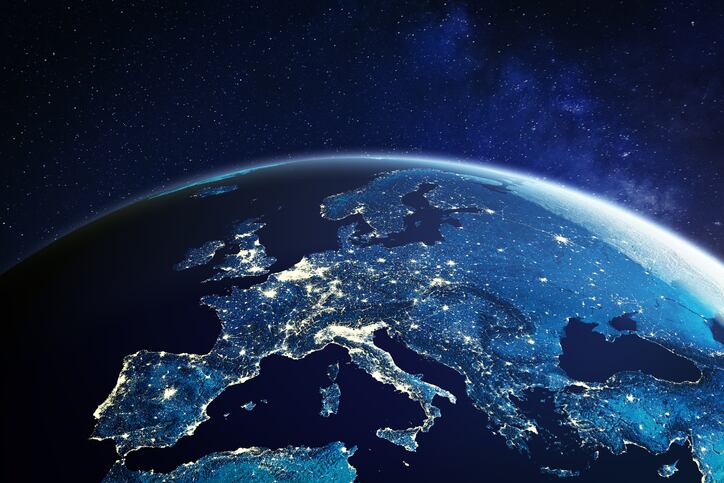Globally, the beauty and personal care market was set to rebound in 2021, according to Euromonitor International, with a 3% growth predicted that would be driven by Asia-Pacific. China’s quick COVID-19 rebound was largely to thank for this region becoming the “world’s growth engine” for beauty and personal care’s recovery, the market research firm said.
Skin care to soar as ‘skinimalism’ trend continues
And within this global growth, skin care would “steal the brightest spot”, with global sales in this category set to hit €151bn (US$181bn) by 2025.
“Consumers are increasingly self-educating on active ingredients and will continue their quest for ‘skinimalism’ happening in the form of simplified brand messaging, formulations and routines,” Euromonitor International said.
Kayla Villena, beauty and fashion consultant at Euromonitor International, said beauty brands that played on “trust and transparency” as well as those with “science-backed credentials and ‘clinical’ efficacy” would resonate well with these consumers.
Earlier this year, the director of beauty at forecasting firm WGSN said complete transparency in the category would be “non-negotiable” by 2023.
E-commerce beauty boom – a decade of growth in just one year
Euromonitor International said e-commerce had also taken on increased importance in the rebound of the global beauty and personal care market.
Between 2020 and 2021, e-commerce sales of beauty and personal care products surged by over 23% – growth initially forecast to happen over the course of the next five to ten years. And results from a survey conducted in June and July 2020 showed 34% of beauty consumers could now be considered ‘digital beauty’ shoppers, either purchasing products online or being influenced by user- or expert-generated online content.
Investment from brands into digital strategies to embrace this new ‘phygital’ outlook, therefore, would continue to be important.
“Beauty brands that are purpose-driven, digitally-savvy, clinically-backed, price accessible and approachable are most likely to thrive, and continue to do so,” said Villena.




